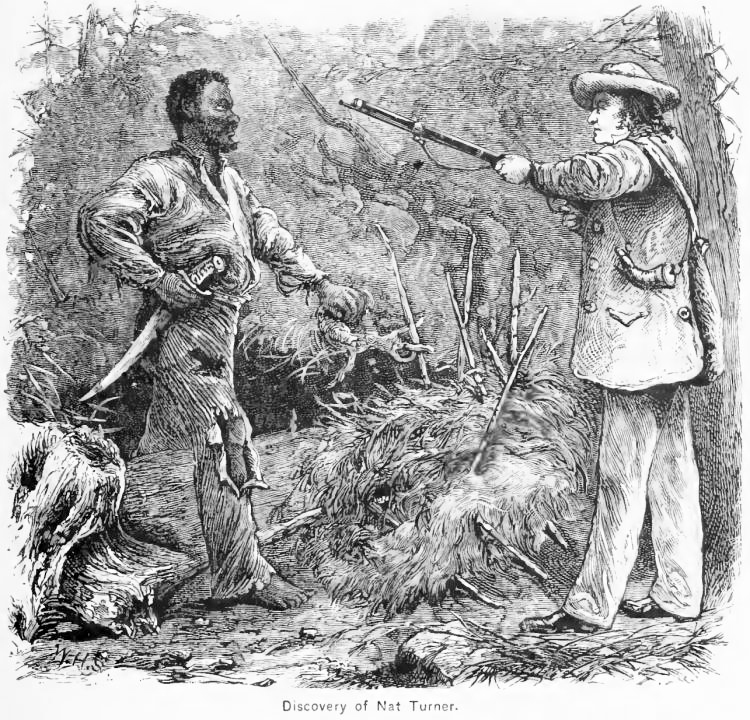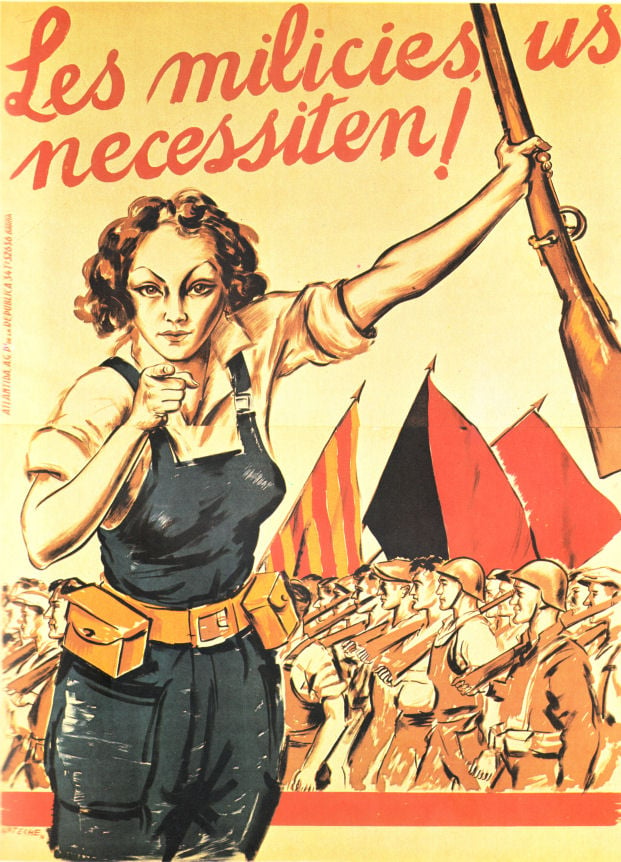- cross-posted to:
- [email protected]
- [email protected]
stahmaxffcqankienulh.supabase.co
- cross-posted to:
- [email protected]
- [email protected]
Nat Turner’s Rebellion (1831)
Sun Aug 21, 1831

Image: “Discovery of Nat Turner”, a wood engraving illustrating Benjamin Phipps’s capture of Turner on October 30th, 1831 [Wikipedia]
On this day in 1831, Nat Turner, a preacher in Southampton County, Virginia, initiated a rebellion in which groups of slaves went house to house in the area, liberating the enslaved and killing their masters.
Turner (1800 - 1831) was born and raised in Southampton County, Virginia, an area where black people outnumbered whites. He learned how to read and write at a young age and was deeply religious, eventually becoming an influential preacher in the area.
In early 1831, on the basis of religious visions, Nat Turner began preparing an insurrection. It began on August 21st, 1831, and rebels traveled from house to house, freeing slaves and killing many of the white people that they encountered.
At least 55 whites were killed, among them men, women, and children. The group spared a few homes “because Turner believed the poor white inhabitants ‘thought no better of themselves than they did of negroes’”, according to historian Stephen Oates.
The rebellion was put down by a combined force of local militia and three companies of artillery. The state executed 56 black people, and militias killed at least 100 more, some of whom were not involved in the rebellion.
Turner went on the run, eluding capture for six weeks. On October 30th, 1831, a white farmer discovered him hidden among the local Nottoway people in a depression in the earth, created by a large, fallen tree that was covered with fence rails.
After being tried and convicted for “conspiring to rebel and making insurrection”, Turner was asked if he regretted what he had done. He responded “Was Christ not crucified?”
Turner was hanged by the government on November 11th, 1831. His body was dissected and flayed, with his bones and skin being used to create trophies and souvenirs, such as purses.
After Turner’s execution, state legislatures passed new laws prohibiting education of both enslaved and free black people, restricting rights of assembly and other civil liberties for free black people, and requiring white ministers to be present at all worship services.
- Date: 1831-08-21
- Learn More: www.blackpast.org, en.wikipedia.org, www.jacobinmag.com.
- Source: www.apeoplescalendar.org

